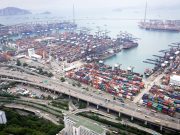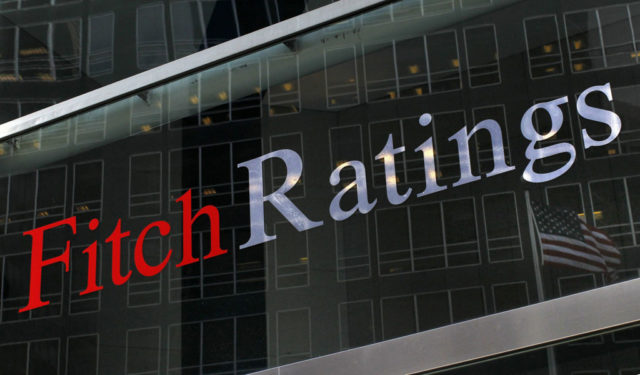Indonesia, 28 Dec 2017 – Fitch has upgraded Indonesia’s sovereign credit rating to ‘BBB’, with a stable outlook. Fitch’s current rating on Indonesia is a notch above the respective rating from both S&P and Moody’s. While market reaction may be rather muted due to year-end trading, the upgrade underscores rising optimism on Indonesia’s macro risk profile.
Fitch noted the economy’s “resilience to external shocks”. At US$126bn, foreign reserves provide seven months of current account payments, higher than the ‘BBB’ median of six months. Fitch is encouraged by macro-prudential measures to curb the growth of external debt. Foreign direct investment (FDI) is expected to continue rising on improved fundamentals. Net FDI is likely to fully cover the current account (C/A) deficit over the next few years.
Fitch highlighted several main risks. First, even if GDP growth at 5.1% in 2017 stands above its rating peers, economic growth is still seen to be below potential. As also highlighted in our 2018 outlook, the economy is still unable to move away from its over-reliance on commodities. Second, there are potential risks from market pressure amid the US Fed’s policy normalization. Third, political distractions amid the upcoming elections in 2018/19 may present some risks to the current reform drive.
We concur with most of Fitch’s macro risk assessment. The government’s fiscal prudence is key to the macro risk outlook. As the government indicates no plan to revise the maximum 3% budget deficit rule, focus will be on tax revenue growth in the coming years. At below 11%, Indonesia’s tax-to-GDP ratio remains low compared to its rating peers, and thus, limits stronger public investment growth. Government expenditure efficiency has arguably increased, however, as energy subsidies have been gradually reduced over the last two years.
Meanwhile, the government’s commitment to structural reforms is crucial for the longer-term outlook, even if the immediate impact on the economy may be limited. Indonesia has jumped 37 places in the World Bank’s Ease of Doing Business index over the last two years. This is a clear testament to the government’s efforts. FDI into the manufacturing sector has also recorded new highs for the past two years. Rising FDI will not only help reduce the external financing risks but also bring in the technical know-how to drive longer-term growth.
On the monetary policy front, we expect Bank Indonesia (BI) to remain on guard of excessive market volatility amid the policy normalization in the US. While inflation remains relatively soft amid low food prices, BI is unlikely to lower its key policy rate any further. At this juncture, we expect BI to hike rates by 25bps in 2018, with risks of more hikes depending on how the rupiah fares next year.
Fitch’s upgrade may now raise expectations of an upgrade by Moody’s next year, given that Moody’s has already put Indonesia’s rating on a positive outlook in early-2017. Sentiment in the markets is likely to remain firm as 2018 kicks off in less than two weeks.




































